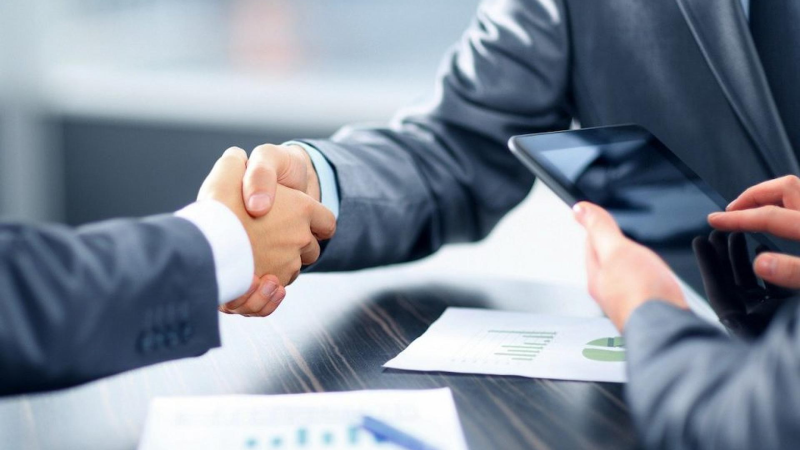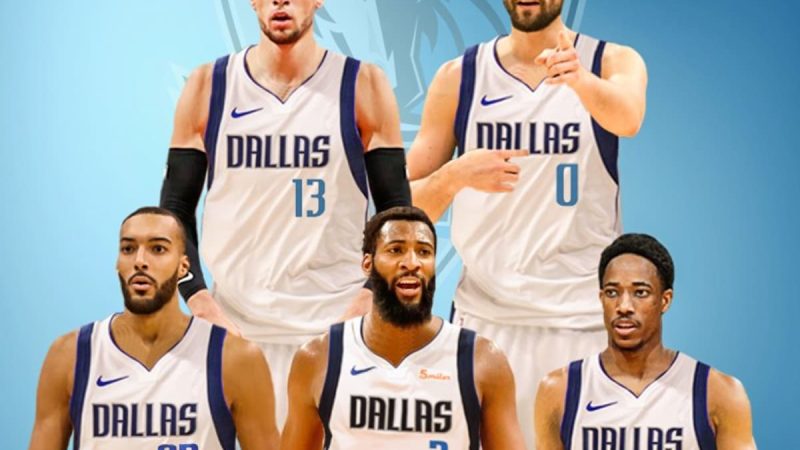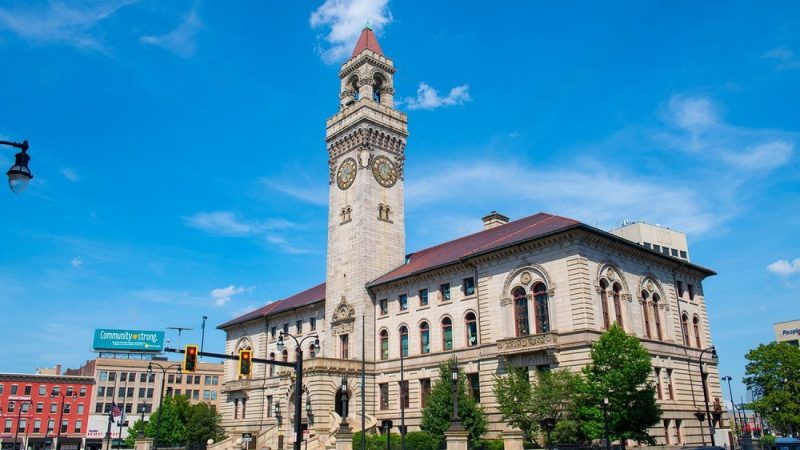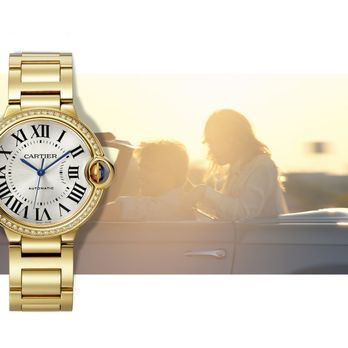Unveiling the Phenomenon of #PrettyPrivilege: Beauty Bias in Society

In the era of social media dominance and an increasing emphasis on appearance, a new buzzword has emerged — #PrettyPrivilege. This term encapsulates the societal advantages bestowed upon individuals deemed conventionally attractive. While beauty has always been subjective, the advent of platforms like Instagram and TikTok has intensified the impact of physical appearance on our lives. This article aims to delve into the multifaceted aspects of #PrettyPrivilege, exploring its roots, manifestations, and the implications it has on individuals and society at large.
The Origins of Pretty Privilege:
The concept of pretty privilege is not a new phenomenon; however, its prominence has skyrocketed in the age of digital media. Historically, societies have held beauty in high regard, associating it with virtues such as purity, goodness, and success. This beauty bias can be traced back to ancient times when physical attractiveness was linked to one’s status and societal standing. Today, with the rise of social media, the standards of beauty are not only perpetuated but also commodified, creating an environment where the concept of pretty privilege thrives.
Manifestations of Pretty Privilege:
- Social Media Validation: The digital era has given rise to a culture where validation often comes in the form of likes, comments, and shares on social media platforms. Studies have shown that individuals perceived as attractive receive more positive attention online, leading to a reinforcing cycle of validation and privilege.
- Professional Advantages: Pretty privilege extends beyond the realms of social media into the professional world. Numerous studies suggest that attractive individuals are more likely to be hired, promoted, and even earn higher salaries than their less conventionally attractive counterparts. This bias in the workplace further perpetuates societal standards of beauty.
- Personal Relationships: #PrettyPrivilege also plays a role in personal relationships. Attractive individuals may find it easier to form connections, both romantically and platonically. This can create challenges for those who do not conform to conventional beauty standards, leading to feelings of exclusion and lower self-esteem.
- Media Representation: The media plays a pivotal role in shaping societal perceptions of beauty. Advertisements, movies, and TV shows often feature individuals who conform to narrow beauty standards, reinforcing the notion that attractiveness equates to success and happiness. This can have a profound impact on the self-esteem of those who do not fit these ideals.
Implications for Individuals:
- Self-Esteem and Body Image: Individuals who do not conform to societal beauty standards may experience lower self-esteem and negative body image. Constant exposure to images of conventionally attractive individuals can contribute to feelings of inadequacy and a distorted sense of self-worth.
- Psychological Well-being: The impact of pretty privilege on mental health cannot be overstated. Studies have linked beauty standards to increased rates of anxiety, depression, and other mental health issues. The pressure to meet these standards can create a toxic cycle of comparison and self-doubt.
- Social Exclusion: Those who do not benefit from pretty privilege may feel socially excluded or overlooked. This exclusion can have far-reaching consequences, affecting various aspects of life, from forming friendships to pursuing career opportunities.
Implications for Society:
- Reinforcement of Stereotypes: Pretty privilege perpetuates and reinforces harmful stereotypes about success, worth, and happiness being intrinsically tied to physical appearance. This narrow definition of beauty contributes to a lack of diversity and inclusivity in various societal spheres.
- Inequality and Discrimination: The preferential treatment of attractive individuals in various domains contributes to societal inequality. Discrimination based on physical appearance not only undermines meritocracy but also reinforces systemic biases that disadvantage certain groups of people.
- Social Media’s Role: The role of social media in perpetuating pretty privilege cannot be ignored. Platforms that prioritize and amplify certain beauty standards contribute to a culture where appearance is disproportionately valued over other qualities.
Conclusion:
#PrettyPrivilege is a complex and pervasive phenomenon with far-reaching implications for individuals and society. As we navigate the digital age, it is essential to critically examine the impact of beauty biases on our perceptions, relationships, and opportunities. Recognizing and challenging these norms is a crucial step toward fostering a more inclusive and equitable society, where individuals are valued for their character, abilities, and contributions rather than their adherence to narrow standards of beauty.
-
What is #PrettyPrivilege?
#PrettyPrivilege refers to the societal advantages and preferential treatment that individuals deemed conventionally attractive receive. This phenomenon highlights the impact of physical appearance on various aspects of life, including social interactions, professional opportunities, and personal relationships.
-
How does #PrettyPrivilege manifest in everyday life?
#PrettyPrivilege manifests in several ways, including heightened social media validation, preferential treatment in professional settings, and more positive responses in personal relationships. It can affect everything from career advancement to self-esteem.
-
Is #PrettyPrivilege a new concept?
While the concept of beauty bias is not new, #PrettyPrivilege has gained prominence in the age of social media. The constant exposure to idealized beauty standards on platforms like Instagram and TikTok has amplified the impact of physical appearance on individuals’ lives.
-
Does #PrettyPrivilege only apply to physical appearance?
#PrettyPrivilege is primarily associated with physical appearance, but it also encompasses societal perceptions of beauty. This includes factors such as grooming, fashion, and adherence to conventional standards of attractiveness.
-
How does social media contribute to #PrettyPrivilege?
Social media platforms often prioritize and amplify certain beauty standards, contributing to the perpetuation of #PrettyPrivilege. Individuals who conform to these standards may receive more likes, comments, and overall positive attention, reinforcing their societal advantages.
-
What impact does #PrettyPrivilege have on self-esteem and mental health?
The impact of #PrettyPrivilege on self-esteem and mental health can be significant. Those who do not conform to conventional beauty standards may experience lower self-esteem, increased anxiety, and a distorted body image due to societal pressures and comparisons.
-
Are there studies or research on #PrettyPrivilege?
Yes, numerous studies have explored the impact of physical attractiveness on various aspects of life, including the workplace, relationships, and mental health. Research consistently suggests that attractive individuals often receive preferential treatment.
-
Does #PrettyPrivilege affect both men and women equally?
While #PrettyPrivilege can impact individuals of all genders, societal expectations regarding physical appearance may differ. Women often face more intense scrutiny and pressure related to beauty standards, but men are not immune to the effects of beauty bias.
-
Can #PrettyPrivilege be challenged or overcome?
Challenging #PrettyPrivilege requires collective efforts to redefine societal standards of beauty and promote inclusivity. Encouraging diversity in media representation, challenging stereotypes, and fostering self-acceptance can contribute to a more equitable society.
-
How can individuals cope with the effects of #PrettyPrivilege?
Coping with #PrettyPrivilege involves cultivating self-awareness, building resilience, and challenging societal norms. Focusing on personal strengths, developing a positive self-image, and fostering genuine connections can help individuals navigate the challenges associated with beauty bias.






